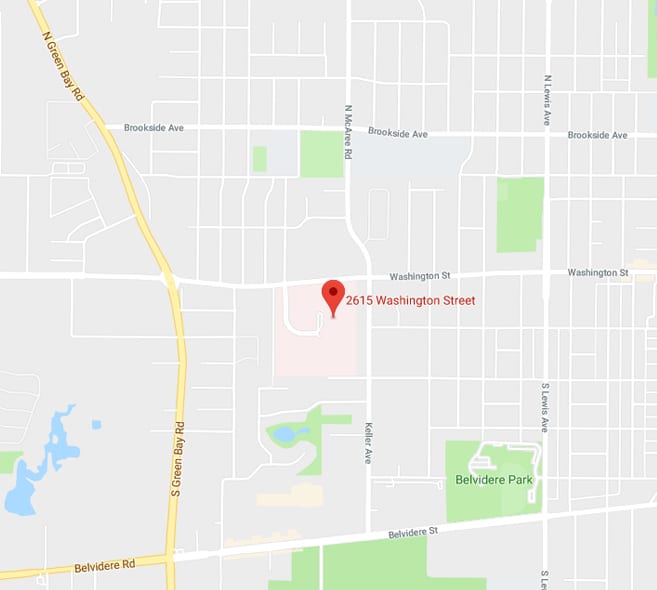How SMART are you?
If you have ever heard of CBT and DBT (Cognitive Behavioral Therapy and Dialectical Behavioral Therapy), therapies based on both how we behave and how we think, then you have probably heard of SMART goals. SMART goals help provide hope for change because there is a structure that drives you to make things happen in a positive way. SMART Goals can help you compartmentalize problems and make them more manageable and less like trying to fight an invisible giant! Make SMART work for you.
SMART Goals
Specific: Provide enough detail so that it is clear what your plan is. A goal of: “Take some time for myself” is too general. A more specific goal could be: “I’ll work on my knitting, with my favorite music on, in my favorite chair, for 30 minutes after dinner, and ask not to be interrupted.”
Measurable: If your goal is measurable you will have some tangible evidence of its completion. A goal of: “I will eat healthier meals” is not measurable. A measurable goal could be: “I’ll eat a fruit and a vegetable with each meal” You know clearly whether you accomplished the goal or not.
Acceptable: Your goal should be set by you rather than by someone else.
Realistic: Start small with what you can do, experience the satisfaction of meeting your goal, and then gradually increase the amount of work that you ask of yourself. It is better to be realistic and successful than to be unrealistic and disappointed.
Time frame: Deciding how much time you will spend on a goal helps to increase your sense of control over a task. It also helps to manage time effectively and keep balance in a day.
If this kind of information seems interesting and feels like something that you can use and help you manage your recovery in a stronger, more effective way, then contact the Intensive Outpatient Program at 855-990-1900. The team at Lake Behavioral Hospital can help you “Get SMART”!
Call for a free, confidential assessment to see if our program can help you make the changes you need to move forward in recovery.



